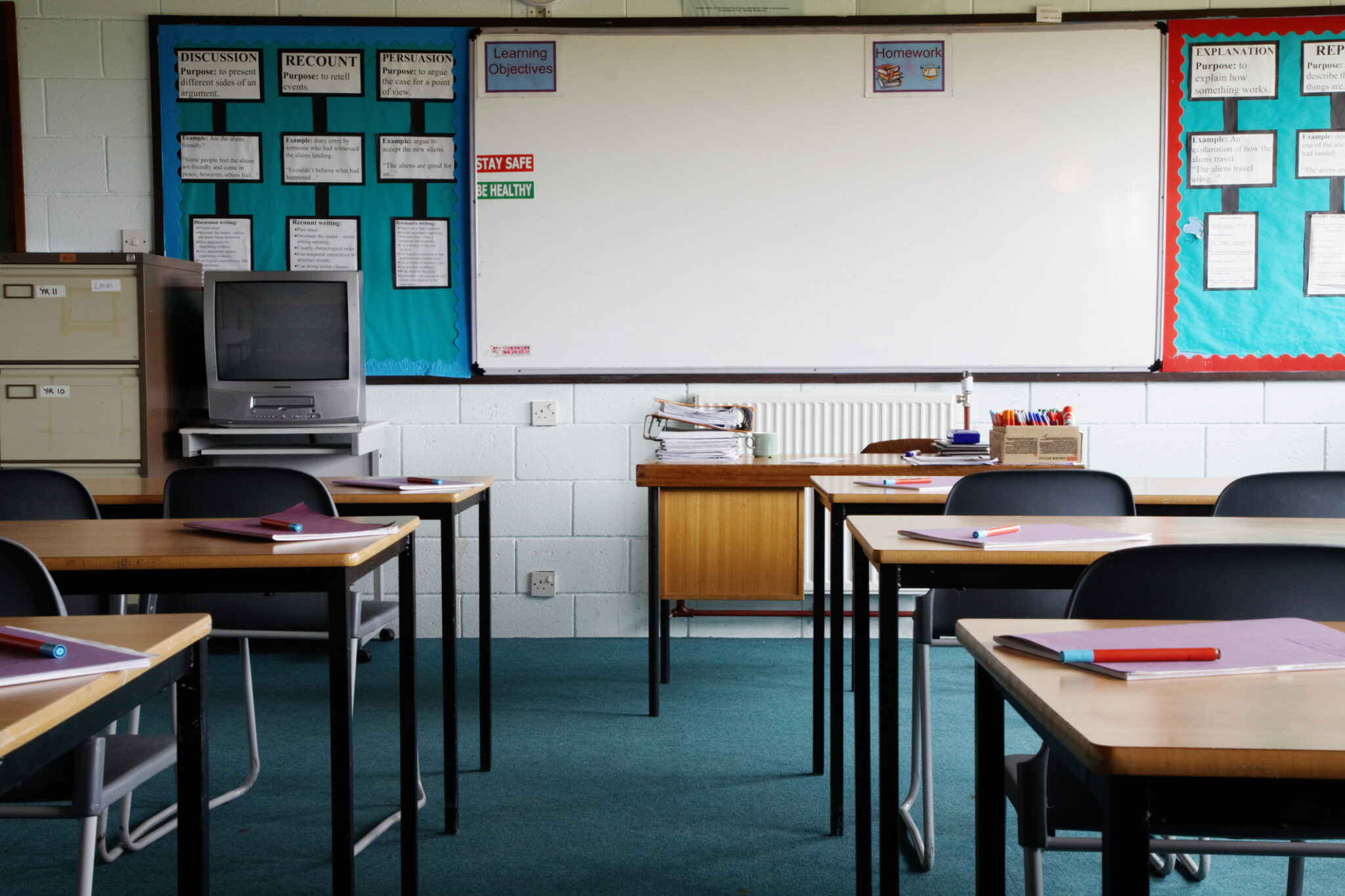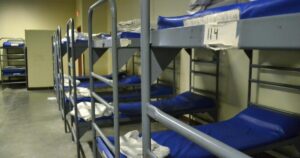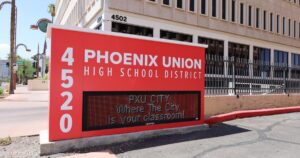Montana Faces Debate Over Proposed School Choice Legislation
In Montana, a heated debate is unfolding over proposed legislation that aims to broaden educational choices for children by providing financial assistance. Proponents of “school choice” are urging state lawmakers to pass the bill, which they believe will alleviate the financial burden on parents seeking private education for their children.
Private school tuition costs can be prohibitive for many families. Tom Noonan, president of Missoula Catholic Schools, highlighted that tuition at Loyola Sacred Heart High School in Missoula is set to surpass $14,000 next year. He emphasized the necessity of financial support to enable student attendance, asserting, “School choice is not just a policy, it is a remarkable tool of empowerment.”
However, critics warn that the proposed tax credits could potentially drain state resources, estimating a cost of nearly $100 million over a decade. They argue the bill establishes a separate educational system while neglecting public school students.
The discussion on school choice isn’t new to Montana. In 2020, the U.S. Supreme Court ruled in Espinoza v. Montana Department of Revenue that the state’s exclusion of religious schools from a tax credit program was unconstitutional. The Montana Supreme Court had previously invalidated the program due to restrictions against aiding church-controlled schools.
Rep. Lee Deming, R-Laurel, the sponsor of the new bill, House Bill 320, claims it aligns with the Espinoza case and seeks to enhance public education. “I’m a 43-year public school educator, and I have no interest in harming public schools whatsoever,” Deming stated. Nonetheless, Lance Melton from the Montana School Boards Association argues the bill discriminates against public school enrollees, opposing the principles established in Espinoza.
The bill proposes the establishment of Montana’s Academic Prosperity Program for Scholars (MAPPS), offering $8 million in tax credits for educational expenses. Families earning up to 500% of the poverty level could apply for support up to $7,000 annually. Critics like Jenny Walsh, a Missoula mother of three, view the plan as a tax break for wealthy families, ultimately costing the public more.
Organizations supporting school choice, such as the Alliance for Choice in Education and the Montana Family Foundation, advocate for the bill. They argue it addresses gaps in the current educational system, as highlighted by Henry Kriegel from Americans for Prosperity Montana, who noted the societal cost of student dropouts.
Conversely, opponents like Doug Reisig from the Montana Quality Education Coalition, question the bill’s oversight mechanisms, citing concerns over potential misuse of taxpayer funds. Rob Watson, with School Administrators of Montana, referenced past issues with similar programs, pointing to questionable taxpayer-funded expenses.
As the committee continues to deliberate over the bill, the future of school choice in Montana remains uncertain, with amendments and fiscal assessments still pending.






